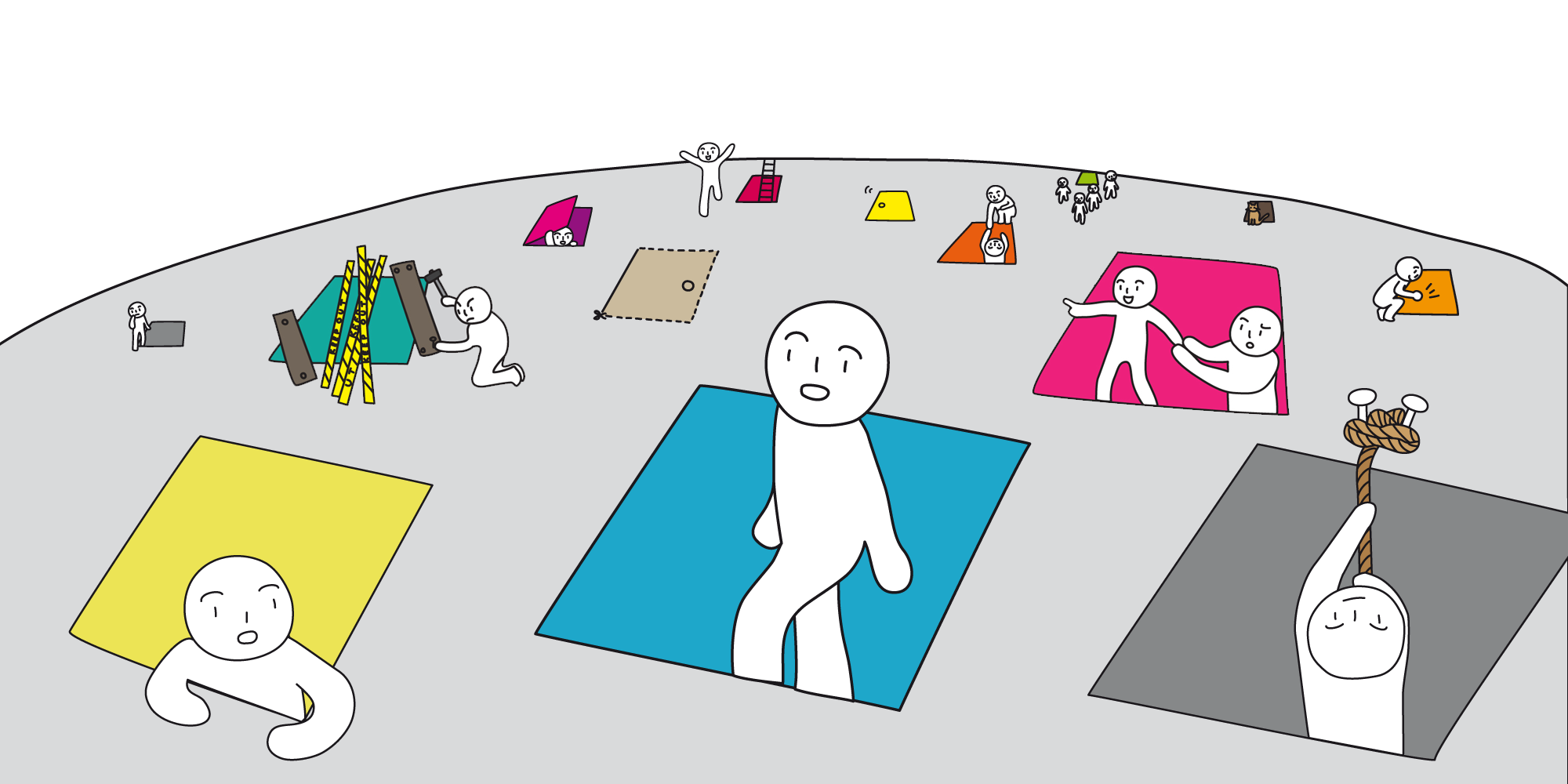Programm
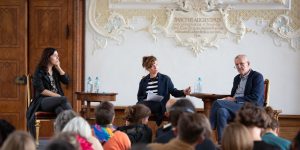
Panel III: Deep Journalism, Information and Misinformation in the age of Artificial Intelligence
Renata Schmidtkunz (DE), Walter Ötsch (AT), Marta Peirano (ES)
Which potentials and risks does the increasing automation and handling of information processes entail? Can we develop sensitive strategies for our data in digital space?
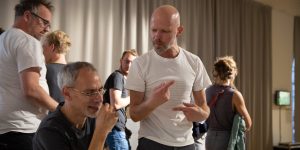
Introduction to Posthuman Aesthetics
Mindaugas Gapševičius (LT/DE)
Installation with devices and videos (2016-2019) These toolkits invite their users to carry out scientific experiments on a DIY level and be able to introduce their simplified, accessible versions to a broader community. The prerogative is to render and outline methods for independent research, opening the black box of empirical experiments to individuals across disciplines. Whether framing the discussion of political, economical, or cultural issues, the toolkits question the creativity of non-humans and do not presume humans to be the only creative force at work.
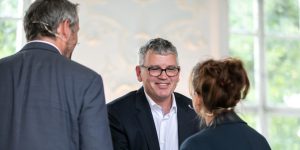
Panel II: AI, more than a technology
Renata Schmidtkunz (DE), Markus Poschner (DE), Douglas Eck (US), François Pachet (FR)
AI is expected to open many new possibilities for creators, not replacing them but assisting and supporting their work. Even more so we see big expectations for the businesses related to the distribution of music. What are the consequences and implications? What kind of new business models can we expect? How will this affect the artists?
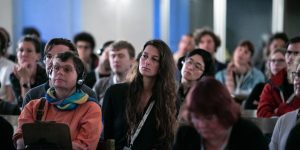
Panel I: Homo Deus
Renata Schmidtkunz (DE), Josef Penninger (AT), Sophie Wennerscheid (DE)
Renata Schmidtkunz hosts four panel discussions in the summer refectory, prominently featuring Josef Penninger, Sophie Wennerscheid, Oliviero Toscani, Amanda Cox, Markus Poschner, and others. The topic is dedicated to the role of science and research, which initially had to confirm a religious view of the world, then was subordinated to economic rationality, and now, in the dawning age of AI, is reorienting again. Social acceptance in relation to current AI research will be discussed. Another focal point of the panels will be the new artistic possibilities opening up due to AI applications, which also lead to a variety of novel business models or issues with copyright regulations.

Theatre in the Digital Age
As an artistic platform for creation, innovation and collaboration, the European Theatre Convention initiated the project European Theatre Lab – Drama goes digital in 2016. This year for the third time, Ars Electronica and ETC collaborate in a symposium with discussion, a hands-on VR workshop by the CyberRäuber and their Fragments | a digital Freischütz, a virtual reality opera in four episodes.
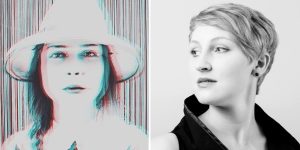
Che si può fare?
Monica Vlad (RO) with guest Johanna Falkinger (AT)
The theme of this performance is based on feelings of melancholy, sadness, fear of loss, meditation and anger and how music can be used to express and release these emotions.
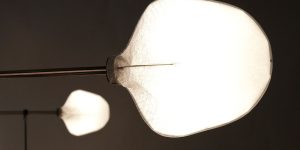
MAM Mario Mauroner Contemporary Art, Salzburg – Vienna
The gallery was founded in 1972 by Mario & Waltraud Mauroner (at the time the gallery was still named Galerie Academia). After more than 40 years of international experience and over 500 exhibitions and participations at international art fairs, an additional 1200 sqm exhibition space on two levels was opened in Vienna, offering spectacular space for the presentation of large-scale sculptures – one of the main focuses of the gallery. Building a second point of interest, the gallery’s program is also dedicated to a range of outstanding and international contemporary artists especially from the Mediterranean area, whose common ground is a steady progression of their respective creative work, developed independently of current trends. Aside from the ground floor and basement, the gallery in Vienna includes a room called roomnumberOne, which is exclusively dedicated to young emerging artists. In October 2014 the newest edition of Mario Mauroner Contemporary Art VIENNA opened – our project space All About Art which is focusing on interdisciplinary projects and where we realised in September 2017 “In relation” – a solo show by mischer’traxler studio.
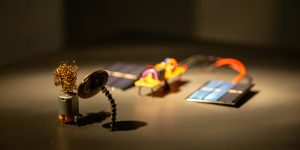
Thoughts on Day and Night
Maike Alisha Effenberg (DE)
By extending mechanical models from the 60s, you will find here a new approach towards nature and ecosystems. Contemplate the equality of the energy flow within a machine and within an organism. Both receive their energy from the light, react to it, and save it for processes at night. At least, this is what we think they do. So how much life do we find in a machine and how much construction do we find in nature?

Highlight Tour at Ars Electronica Center
Discover the current projects and themes of the new exhibitions during a Highlight Tour. The focus is on artificial intelligence. It is about social and ethical debates, about new possibilities, and above all, about the effects on us as individuals.

The Wall of Gazes
Mariano Sardón (AR), Mariano Sigman (AR/ES)
The Wall of Gazes aims to engage people with those parts of the face that are really seen and those parts that remain “unseen” while attention is focused elsewhere on the portrait.
